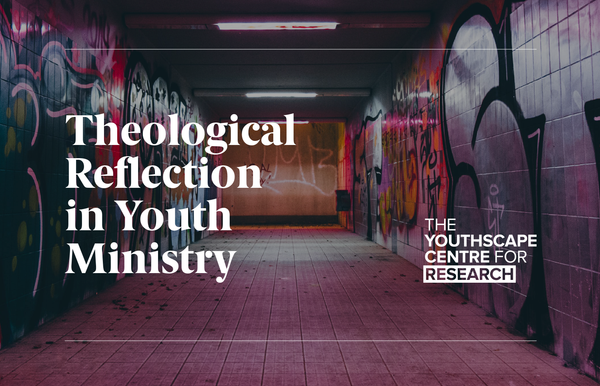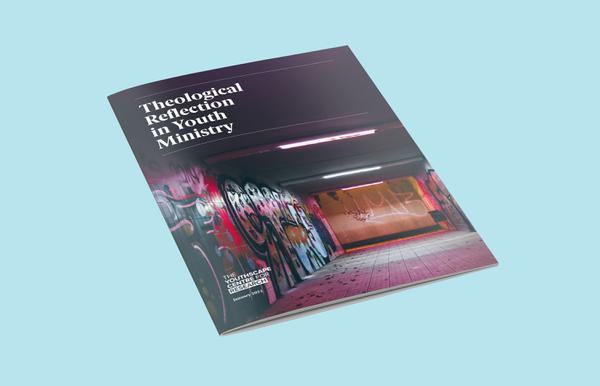The Church should be a radical place of true belonging – unconditional love – for young people. Why isn’t it, and what’s the path to real inclusion?
Over the next seven weeks, we're going to be diving deep into the core values behind Satellites– from a youth leader perspective. If you want to explore them with young people, check out our offer on the book written for them; get seven copies and a 'book group' study guide for the price of six.
The Church in 2021 doesn't have the greatest reputation. Stories of abhorrent abuse have rightly caused many to question its righteousness; loud-shouting voices of condemnation from one theological perspective seem to have dominated the public image for the whole. The good news stories – of food banks and kindness and holding communities together – are somewhat dwarfed by perceived Christian support for controversial politicians. We have a PR problem, and arguably we've no-one else to blame. It's hardly surprising that many young people's starting point is that the Church isn't really for them.
At its best though, the Church is the most beautiful, radically counter-cultural idea. In a world where individualism has been found lacking, the Church offers a model for people to come together and be part of something greater than themselves; to find a place of belonging which also profoundly impacts the wider community. Church can give us a chance to love and be loved, to experience shared purpose, and to join with others in a mission to make the world a better place. Church can be an adventure; church can be true family.
We can (and should) reflect long and hard on why this isn't the perception most people have of church – and in many cases, even the experience. But it is God's plan for the Church: for it to be a place of mutual flourishing, love and growth, centred on his presence. And it's also perhaps encouraging to remember that this idealistic-sounding version of church is exactly how the whole thing started...
How it started
In Acts 2, we get the first peek at what the earliest incarnation of the Church looked like. These were people devoted to God and to each other (v42), who lived together and "had everything in common" (v44). They were so content in their shared mission that they "sold property and possessions to give to anyone who had need" (v45). This wasn't just a group of individuals who'd given their lives to Jesus – this was a family who knew him and served him together. And of course, this was so attractive to the watching world, that "the Lord added to their number daily those who were being saved (v47)."
This is the Church as it was always meant to be, and that doesn't simply need to remain a wistful and nostalgic thought. Young people are the Church's future (and yes, its present too); there's no reason why they can't be envisioned to do a better job of following the biblical blueprint than previous generations.
How it's going
If that's going to happen though, I think that we need to be committed to the present reality of church, as well as dreaming together about its possible future. Of course, we should acknowledge the shortcomings of individual Christians and churches – from abusive leaders to placard-waving congregations – but we should also speak of the beauty, diversity and practical goodness of the Church around the world.
Teenagers need a Church that they can believe in, that's worth their time and their trust, and that's much more likely to happen if they see a family, rather than an institution. The language of family – of brothers and sisters, adoption and parenting – is not only entirely biblical, but it's also a much better way of describing how Church is meant to function. The Church in Acts didn't throw people out for poor performance or marginalise the less gifted; there wasn't some kind of merit-based hierarchy, and anyone who was in need was helped out until they were on a level with everyone else. This is a picture of what true belonging means – not as in a club, or a team where you can be ejected in favour of someone 'better' – the Church is meant to be a place of unconditional love.
In For Whom the Bell Tolls, Ernest Hemingway famously wrote that "the world is a fine place and worth fighting for." I think that this is not only a good battle-cry for the Church as it seeks to usher in God's kingdom in a chaotic and troubled world, but equally applicable to the Church itself. Despite its many failures, the Church is still a fine place of family and belonging in which young people can find home, and it is worth fighting for.












